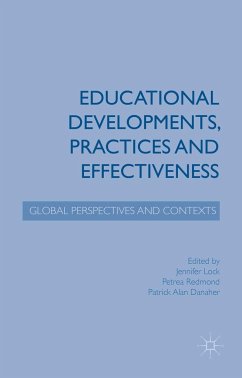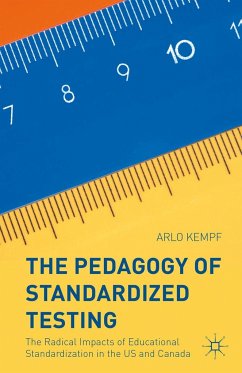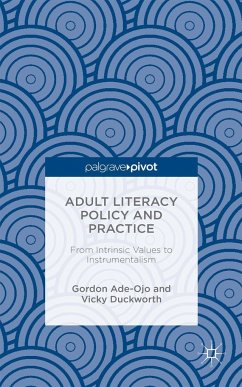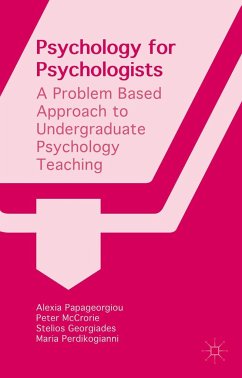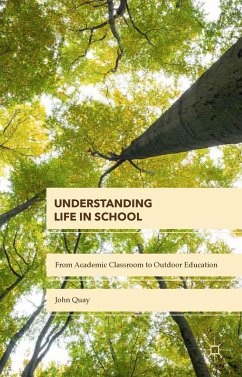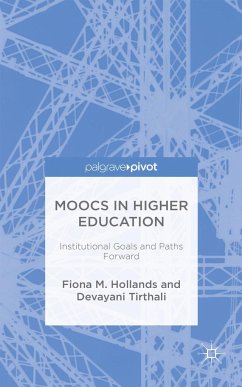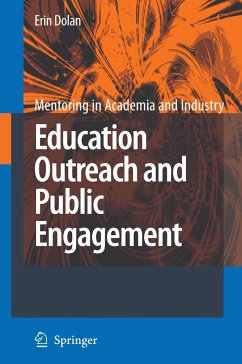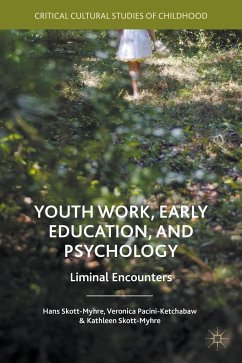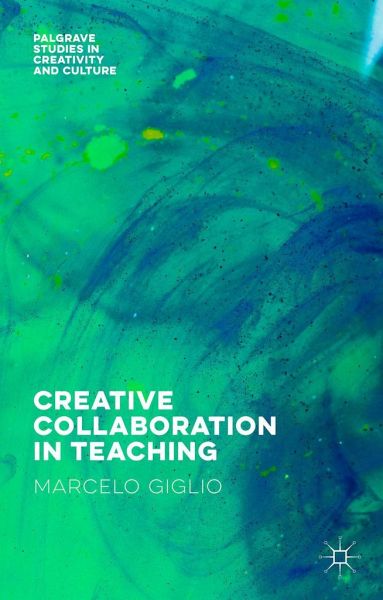
Creative Collaboration in Teaching

PAYBACK Punkte
19 °P sammeln!
Creative Collaboration in Teaching focuses on the question of how best to facilitate creative collaboration among students in the classroom setting-with a focus on music composition and from the perspective of social-cultural psychology. This book is comprehensive, cutting-edge and scholarly in its approach. Marcelo Giglio's attention to music and creativity is detailed enough to satisfy any researcher, educator or teacher educator; but at the same time, his research approach, classroom observations and overriding recommendations can be easily applied to a wide range of subject areas. Giglio c...
Creative Collaboration in Teaching focuses on the question of how best to facilitate creative collaboration among students in the classroom setting-with a focus on music composition and from the perspective of social-cultural psychology. This book is comprehensive, cutting-edge and scholarly in its approach. Marcelo Giglio's attention to music and creativity is detailed enough to satisfy any researcher, educator or teacher educator; but at the same time, his research approach, classroom observations and overriding recommendations can be easily applied to a wide range of subject areas. Giglio combines a rigorous review of the relevant literatures on creativity and social interactions with the reporting and analysis of his own original data across the world, and then goes on to support this important work with detailed descriptions of classroom episodes-student-to-student and teacher-to-student interactions. By combining these three elements, this book offers socio-creative and pedagogical models for education in practice as well as teacher education and research.





